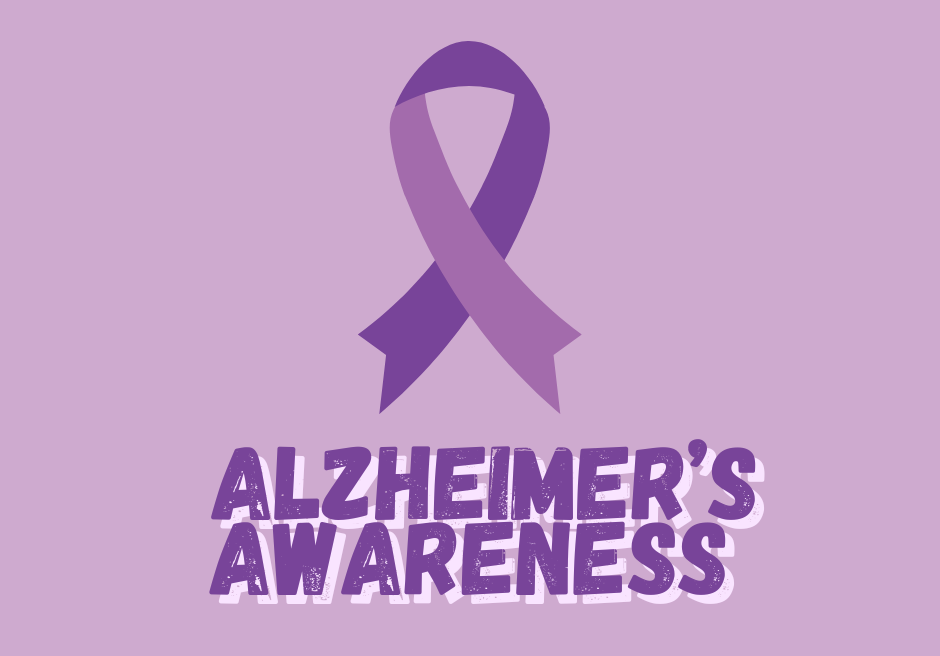The first time I heard about Be There Certificate, I was sitting in my room, mindlessly scrolling through my social media feed when an advertisement caught my eye. Intrigued, I clicked on it. The more I read—and the deeper I delved into the Born This Way Foundation—the more I realized how much this knowledge was missing from my school. We learned about physical health, nutrition, and even how to stretch properly before a run. But mental health? That was barely discussed. We could train our muscles, but no one taught us how to train our minds when we felt exhausted.
I thought about the stigma that kept so many students silent, afraid to ask for help. I wondered: What if we changed that? What if we built a community where students could learn how to care for themselves and others—where kindness and awareness weren’t just encouraged but actively practiced? That night, I decided to bring the Be There Certificate to my school. Determined, I created a club: Here For You. Its mission? To foster a supportive community focused on mental well-being.
Once the club was approved, a new worry set in. Would students actually join? Mental health remained a sensitive topic, and I feared the stigma would keep people away. To my surprise, the first meeting was packed. Some students came to learn how to support others, and others came because they needed support. Helping students recognize warning signs and respond with empathy became one of my proudest achievements. We hold mental wellness discussions, explore the Golden Rules as members get certified, and provide a safe space for open conversations. Beyond that, we engage in volunteer activities, helping the broader community feel less alone. Through education, advocacy, and acts of kindness, we work to normalize mental health awareness in our school.
The impact of Here For You was immediate. Students began checking in on each other in meaningful ways. One day, after a meeting, a freshman approached me. “I used what we learned to talk to my friend,” they said. “She’s been struggling, and I think she’s finally going to get help.”
That moment reaffirmed everything. Here For You wasn’t just about education; it was about transformation. It created a culture where students didn’t just learn about mental health—they actively applied that knowledge to support one another.
As the club grew, I realized occasional meetings weren’t enough. If we wanted lasting change, mental health awareness needed to be woven into the school curriculum. So, I started working with teachers and school staff, advocating for the Be There Certificate to be integrated into health classes. It took time and persistence, but we made progress. More teachers are incorporating mental health discussions into their classrooms!
The goal was no longer just to run a club; it was to create a sustainable system of support. As Here For You nears its first anniversary, I see that this journey didn’t just change my school; it changed me. Advocacy isn’t just about speaking up—it’s about taking action. Small steps, like starting a conversation or offering a kind word, can create ripples far beyond what we imagine. The Be There Certificate will continue shaping the way teens around the world approach mental health. Mental health awareness isn’t just a lesson—it’s a lifelong skill. And through kindness, education, and community, we can ensure that no one has to struggle alone.
No matter where I go, I will always choose to be there for others.





















